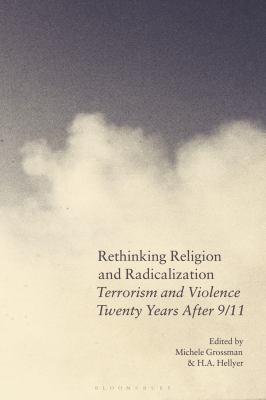The role of religion and religiosity in processes of radicalisation to violence has been at the forefront of debates around terrorism and extremism for decades. The events of 9/11 gave new impetus to these debates, cementing assumptions about the role of Islam as the key driver for religiously inspired violent radicalisation, and defining the way in which radicalisation to violence is understood. The years since 9/11 have seen a striking diversification in the terrorist and violent extremist landscape, yet the treatment of how religious beliefs, concepts and histories are entangled with established and emergent violent ideologies and social movements has changed far less. By looking beyond Islamist-inspired or attributed terrorism, this volume explores how violent extremists instrumentalise religion and religiosity in unexpected ways, from Orthodox Christianity and Hindutva to ‘conspirituality’, far-right extremism, and single-issue social movements.

Rethinking religion and radicalization : terrorism and violence twenty years after 9/11
ISBN: 9781350350076
Format: Paperback
Publisher: Bloomsbury Academic (UBD)
Origin: GB
Release Date: April, 2025


